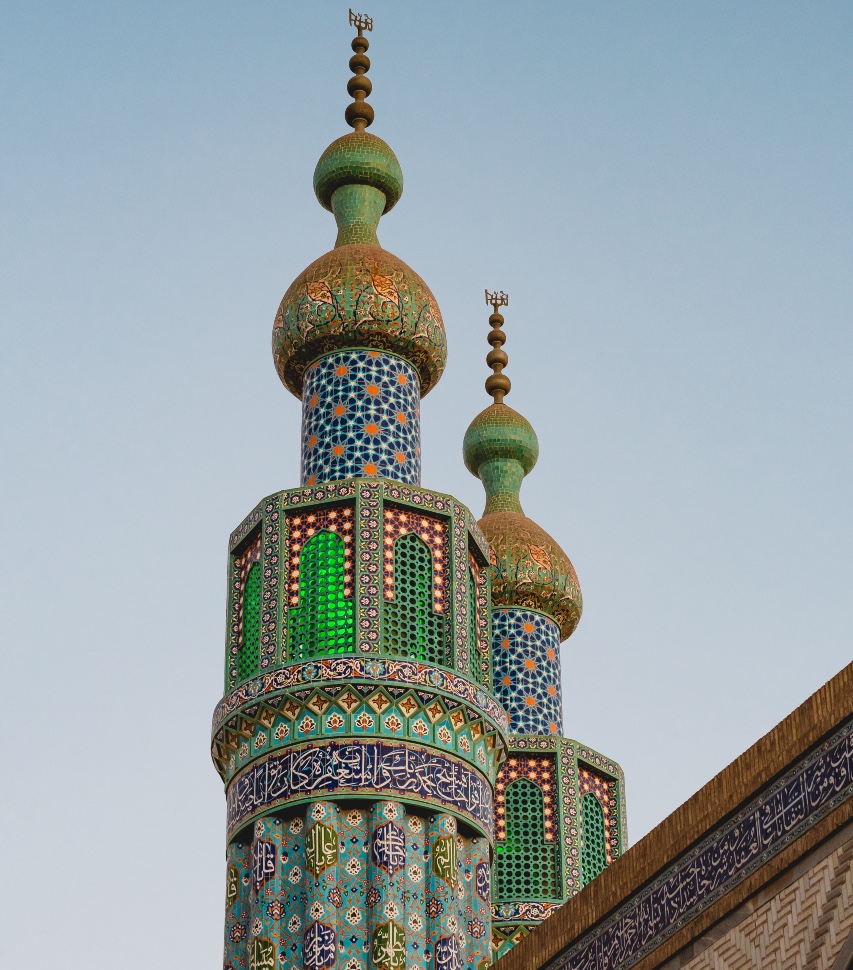What does the term Tawhid mean?
Question Summary
What does the term Tawhid mean?
Question Answer
In the Name of Allah, the Most Merciful and Compassionate
The word Tawhid comes from the root word for one (in Arabic, Wahid). So, linguistically ‘tawhid’ means to make something one. In a religious context, the Tawhid that the Prophets (Allah bless them all) brought means as follows:
To declare the oneness of Allah Most High in His essence, His attributes, and His actions and to single Allah Most High out in one’s worship.
What this means is that we believe that Allah Most High is…
(a) One in His essence: there are no other gods beside Him; also that Allah Most High is not made up of parts.
(b) One in His attributes: none shares in any of the attributes of Allah Most High – there is no creator other than Allah, there is no provider other than Allah, and so on (with all attributes of perfection)
(c) One in His actions: Everything that occurs in creation is by the knowledge, will, and power of Allah Most High. None of the creation has an intrinsic effect. All effect brought forth by creation is contingent on Allah’s will and power. [Sawi, Laqqani, Sharh al-Sawi ala Jawhara al-Tawhid]
This is the message that all the Prophets (Allah bless them all) brought. To associate partners with Allah Most High in any of the above constitutes shirks.
Thus believing that there are other gods besides Allah, that Allah Most High is made of parts, that other than Allah possesses any of Allah’s attributes, or that any creature has the ability to exact effect aside from or contrary to the knowledge, will, and power of Allah — is disbelief and contrary to the dictates of Tawhid (pure monotheism). [Ibid.]
See also:
https://seekers.flywheelstaging.com/courses/what-muslims-believe-and-why/
Hope this helps
Allah knows best
[Shaykh] Yusuf Weltch
Checked and Approved by Shaykh Faraz Rabbani
Shaykh Yusuf Weltch is a teacher of Arabic, Islamic law, and spirituality. After accepting Islam in 2008, he then completed four years at the Darul Uloom seminary in New York, where he studied Arabic and the traditional sciences. He then traveled to Tarim, Yemen, where he stayed for three years studying in Dar Al-Mustafa under some of the greatest scholars of our time, including Habib Umar Bin Hafiz, Habib Kadhim al-Saqqaf, and Shaykh Umar al-Khatib. In Tarim, Shaykh Yusuf completed the memorization of the Qur’an and studied beliefs, legal methodology, hadith methodology, Quranic exegesis, Islamic history, and some texts on spirituality. He joined the SeekersGuidance faculty in the summer of 2019.
